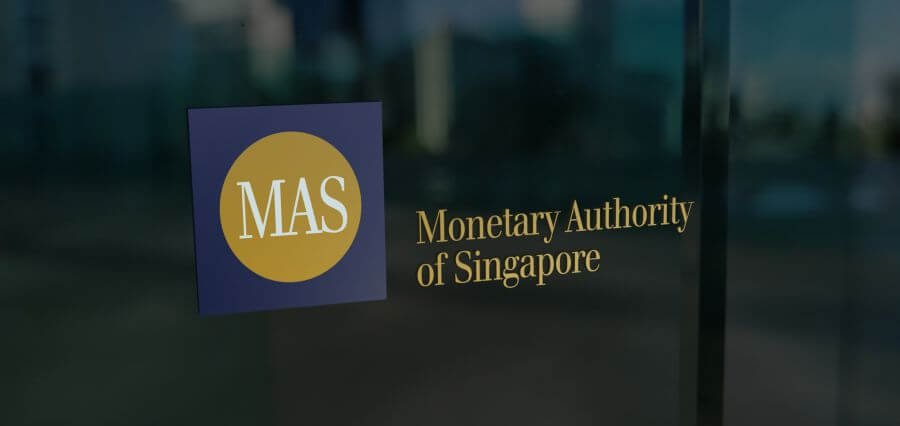The Monetary Authority of Singapore is likely to maintain its monetary policy unchanged when it reviews it this month as inflationary and growth concerns spill over from rising international geopolitical tensions. Last week, a Reuters poll of ten analysts showed nine thought no change in existing policy settings would be announced.
The recent rise in crude oil prices owing to geopolitical tensions in the Middle East as well as extreme weather conditions scorching large areas in the world, affecting food prices, has kept inflationary pressures even in Singapore. Moody’s Analytics economist Denise Cheok noted, “Food prices remain above pre-pandemic levels, implying further persisting inflation there.”. Cheok expects MAS to ease the slope of the S$NEER policy band in the first half of the year, while there is room for even a more aggressive movement of the mid-point of the band in the second half of 2025 if imported inflation tapers-off appreciably.
Inflation in Singapore remains obstinately high. Inflation, while eased from a high of 5.5% in early 2023, is seen at 2.7% year-on-year in August. The MAS expects that core inflation will drop by a bigger margin in the last quarter of this year and forecasted a range of 2.5% to 3.5% for the coming year. Being one of the prime barometers for the world’s economy, Singapore growth rate decelerated to 1.1% in 2023 from 3.8% in 2022. The economy was not growing at that rate of 1.1%, but at least indicated a move toward recovery with a year-on-year GDP growth rate of 2.9% in the second quarter of 2024, which is enough to make economists revise their forecasts upwards. The trade ministry has recently been forced to revise the forecast of 2024 GDP growth in a course correction, pushing the estimated percentage range from 1.0% to 3.0% to between 2.0% and 3.0%. Indeed, said risk analyst Lee Yen Nee of Fitch Solutions, “The economy has been performing at close to its potential, suggesting that there is no urgency for the MAS to adjust its policy.” In fact, this is in contrast to global trends: it has lately become a trend where central banks around the world, such as the Federal Reserve and the European Central Bank, initiate moves to cut rates amid changing economic conditions.
In Singapore, monetary policy is conducted through an unpublished band under which the local dollar is allowed to float against the currencies of Singapore’s key trading partners rather than by interest rate. The MAS has not altered its policy since its recent October 2022 tightening move and watches closely the associated more general growth and inflation indicators.





